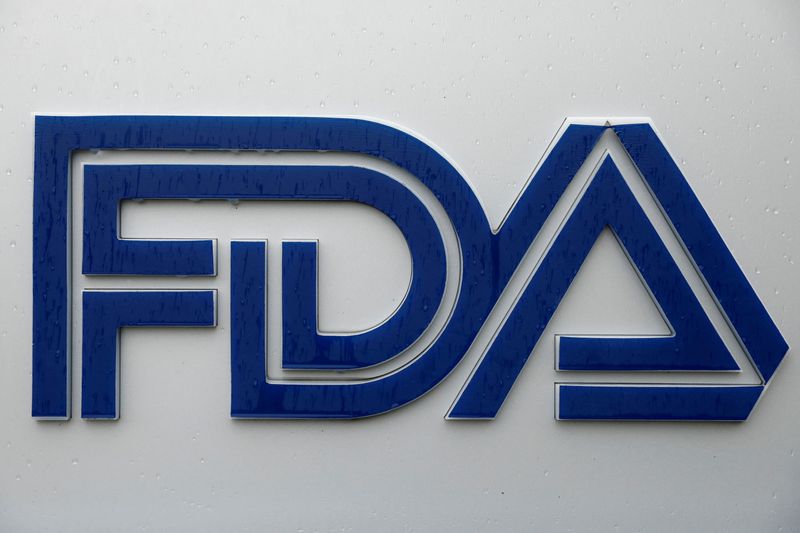(Reuters) -The U.S. health regulator on Wednesday approved Switzerland-based Ferring Pharmaceuticals' fecal transplant-based therapy to reduce the recurrence of a bacterial infection, making it the first therapy of its kind to be cleared in the United States.
The therapy, Rebyota, targets Clostridium difficile, or C. difficile – a superbug responsible for infections that can cause serious and life-threatening diarrhea. In the United States, the infection is associated with 15,000-30,000 deaths annually.
While this is the first such therapy approved by the Food and Drug Administration (FDA) for recurrent C. difficile infections, fecal microbiota transplants – classified by the regulator as investigational – have long been the standard of care in the U.S. for this condition.
"As the first FDA-approved fecal microbiota product, (the) action represents an important milestone, as it provides an additional approved option to prevent recurrent CDI," said Peter Marks, director of the agency's Center for Biologics Evaluation and Research.
Rebyota is delivered through an enema and works by replenishing good gut bacteria through samples of microbes distilled from faeces of healthy donors.
Approval for the therapy comes on the back of a positive vote from the regulator's advisers in September, as most on the panel sought standardization of the therapy.

Ferring, which gained the therapy through its 2018 purchase of U.S.-based Rebiotix Inc, was not immediately available for a comment on pricing and availability of the therapy.
Besides Ferring, other companies including Seres Therapeutics (NASDAQ:MCRB), which is developing an oral treatment, are working on similar therapies based on fecal microbiota transplantation.